Heart Bypass Surgery in Iran
-
Heart Bypass Surgery is better in response to stenting. It is usually the best go-to option for a blocked LAD.
-
The survival rate for coronary bypass surgery patients who make it in the first few months is similar to that of the general population.
-
The Heart Bypass Surgery Cost in Iran ranges between USD 5000 to USD 7000.
-
Iran is among the top medical tourist destinations for cardiology, heart surgery, orthopedics, transplants, and ophthalmology with a high success rate.

